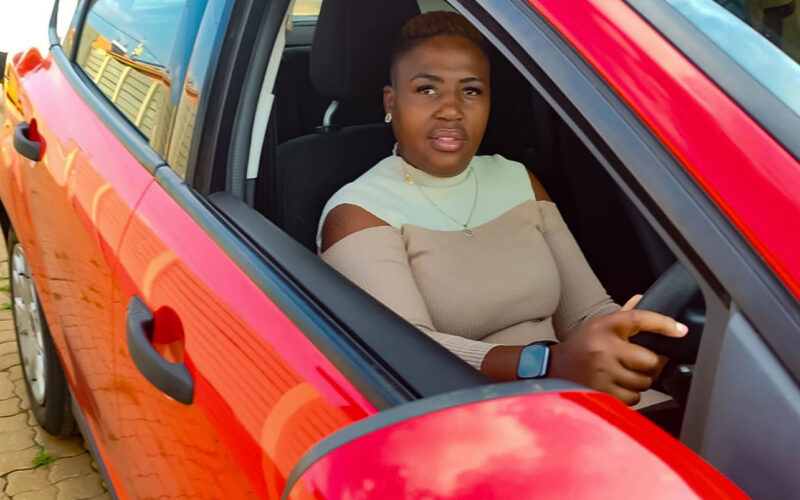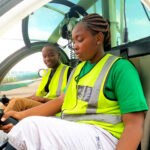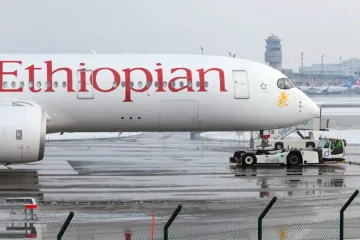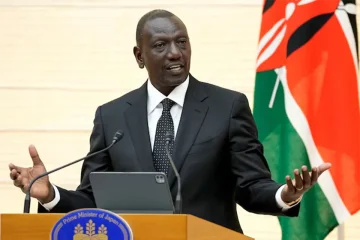LOBISA Nhlapo spends her days contending with a mix of the traffic jams and open highways and byways of one of Africa’s oldest developed cities: Johannesburg. The diversity of the storied surroundings is echoed in the multitude of stories told by her clients. That rich tapestry, along with regular improvements in her working conditions, is what has prevented her from going back to the aviation industry, where she worked before Covid.
However, questions over her role as a woman driver in the male-dominated ride-share still rattle her.
“Personally, I love meeting all kinds of people, which makes my work more enjoyable, but at times, behind these joyful rides, it is not smooth cruising. It gets uneasy as I often get questioned about my work, facing doubts about my choices and my safety as an Uber Driver, just because I am a woman,” Nhlapo shared.
While often uncomfortable about the questions, Nhlapo comes armed with the determination and courage that has guided her through answers and routes since her first days as a driver. She navigates these challenges, and steers each ride, knowing that at the end of the day, it is what puts food on her table.
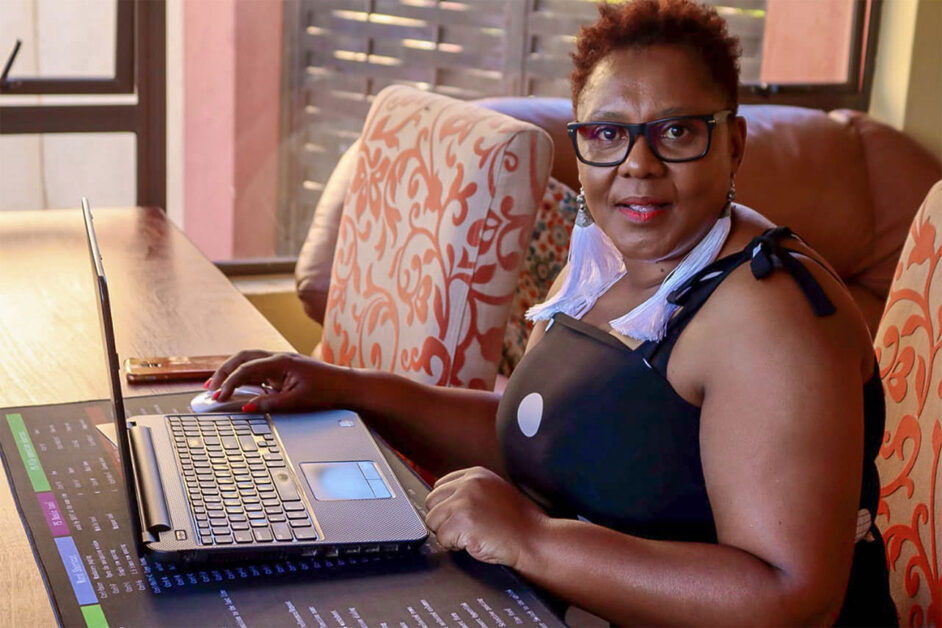
“The highway for me is now a symbol of my fearlessness, where I find the strength to fight stereotypes and expectations of what women should or should not do,” Nhlapo told bird story agency.
Nhlapo’s journey into the e-hailing industry began out of necessity. In 2020 during the COVID-19 pandemic, Nhlapo’s job as an Operations and and Documentation Control Compliance Specialist at an aviation company was made redundant after most flights were grounded. As a single mother and university student, she still needed to make an income.
“It was a critical decision made during a tough period in the aviation sector where I previously worked. We were on a COVID-19 layoff, relying on government support that barely covered basic living costs began driving in 2020,” Nhlapo explained.
Today, her partnership with ride-hailing company Uber has the benefits of the gig economy, she needs. That includes flexible time management so that she can build a work-life balance.
“As a single parent, Uber gives me the time to manage both motherhood, academic and professional life,” she explained.
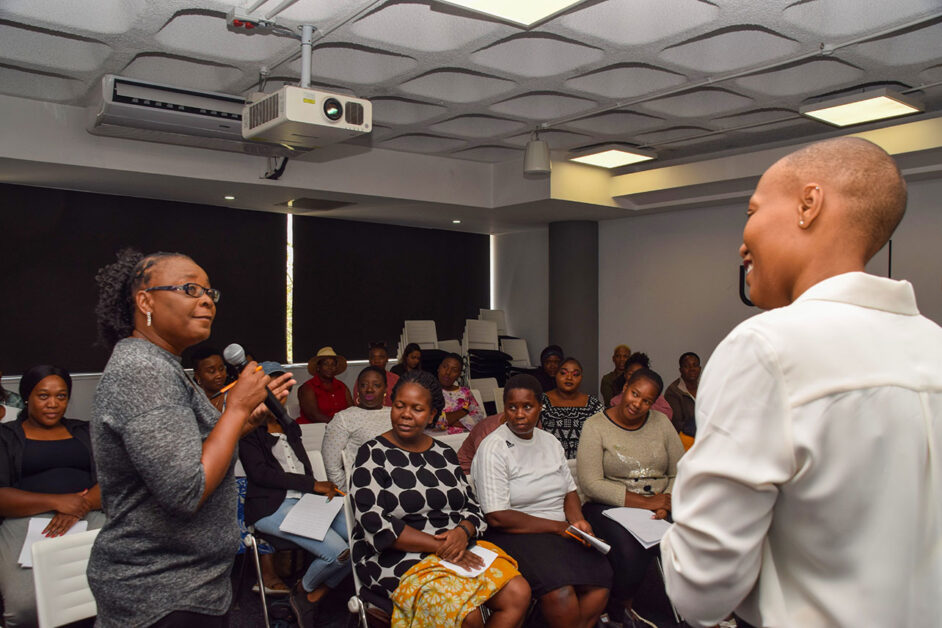
With a daughter who has just turned 19, Nhlapo relies on her Uber income to pay for her education and day-to-day needs.
Nhlapo owns the car she uses for Uber which makes her Uber commission her own instead of splitting it with a car owner, as is the case for many other drivers in the industry, whether they work with Uber or Bolt, the two top ride-hailing companies in South Africa.
“When I started driving, I had driving experience but not at the passenger level, so I got the experience of driving passengers on the job through the GigSister training with Uber,” she said.
‘#GigSister’ is an Uber partnership with Google that consists of a series of training sessions designed to equip women drivers with leadership tools that can help their businesses succeed.
The introduction of e-hailing services in South Africa began in 2013 with Uber entering the local market. This was followed by the Estonian company Bolt (formerly Taxify) two years later. In the decade since Uber and Bolt entered the South African transport industry, a number of smaller ride-share competitors have popped up, including the newly launched NextNow, who are looking to provide “more affordable rides”, as well as companies like Lyft, inDriver and Taxi Live Africa.
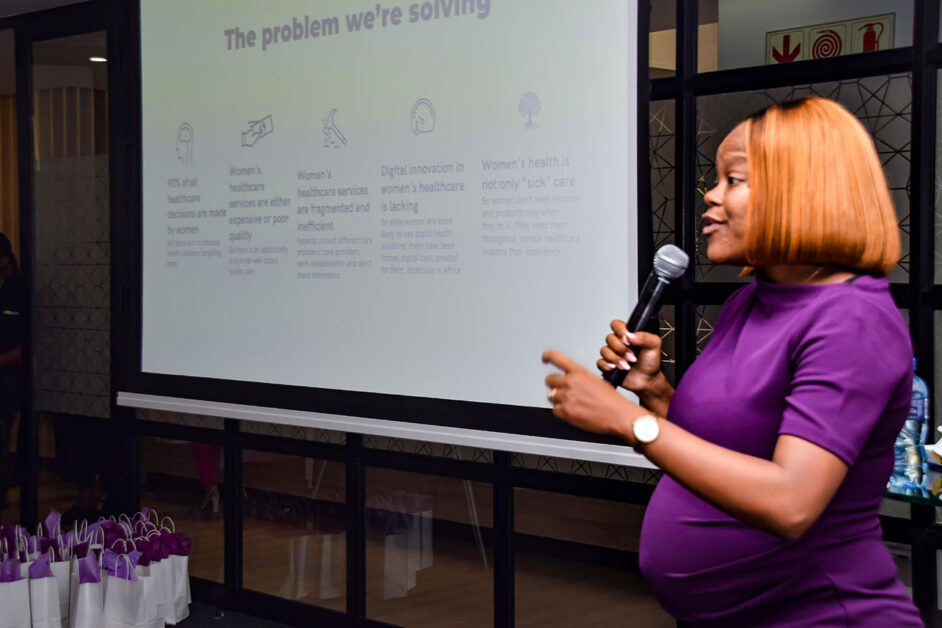
“I use Uber because of its commission, which is better than others and also because the level of professionalism is different,” Nhlapo disclosed.
Her overall salary has also increased to well above what she was earning in the aviation industry, with income of 40,000 rands a month (around US$2,100) not uncommon.
According to Uber South Africa, the number of women drivers on their app has increased from 3.5% to 8%. The rise is partly credited to the introduction of a women-only feature in 2021 that gave women drivers the option to select a preference to pick up passengers of the same sex.
Colleen Mphabantshi, who serves as the Head of Platform Safety for Uber, emphasises the significance of the program.
“Innovations such as the “Women Preferred View” feature have contributed significantly towards making both driving and riding comfortable for female passengers in a country where safety is considered a key concern,” Mphabantshi said.
However, even with the option of women drivers choosing to drive only women, female passengers from all over South Africa are yet to enjoy the feature, due to a scarcity of women drivers.
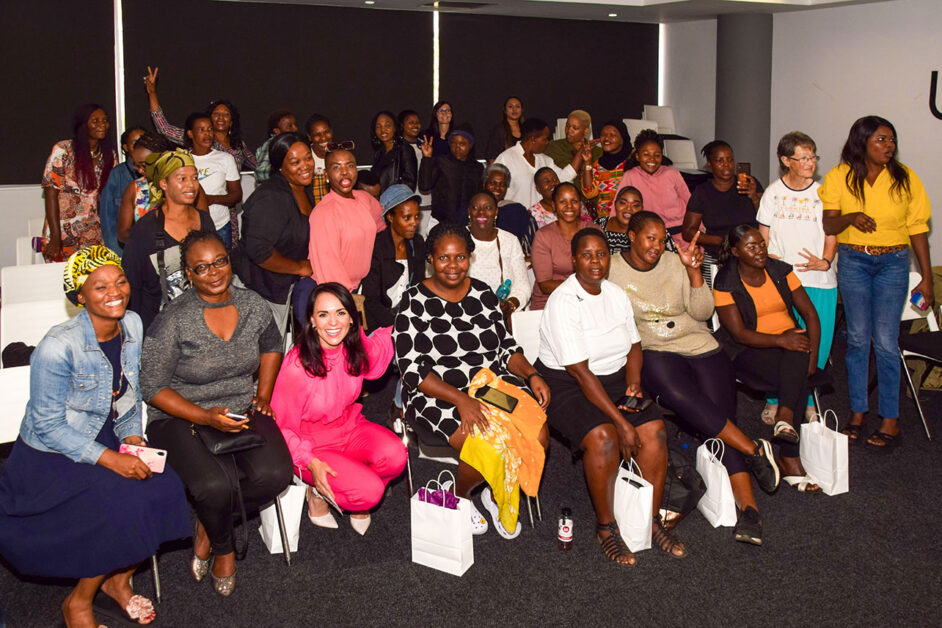
Naledi Sikhakhane, a freelance journalist who recently moved from Johannesburg to Durban, noted that the option of female drivers was less available in Durban.
“I’ve used Ubers more than any other transport while there (Johannesburg), I’ve had my fair share of female drivers and can note the difference in how I felt while being driven by a male versus a female driver,” she shared.
This is perhaps why Uber is taking steps to provide further training to its hard-to-find female partners. Nhlapo and other women drivers have benefited significantly from partnerships that offer them crucial resources such as financial aid and medical assistance.
One example is Uber’s partnership with Zoie Health, a woman-led all-in-one women’s health and wellness digital platform. The company offers health support for female drivers, which includes virtual consultations with health experts and a community where they can discuss their health experiences.
While acknowledging that she has not fully explored Zoie Health, “being part of a community that understands the unique challenges we face in terms of health and wellness has been empowering,” Nhlapo said.
“The initiative enables women drivers to lead healthier lives,” said Thato Schemer, the Co-Founder of Zoie Health, said.
“We strive to make women’s healthcare more accessible and convenient by offering virtual consultations, contraception delivery, and an emergency panic button for gender-based violence. Our aim is to increase the availability of women’s health services,” Schemer said.
Nhlapo’s journey has not been without its challenges.
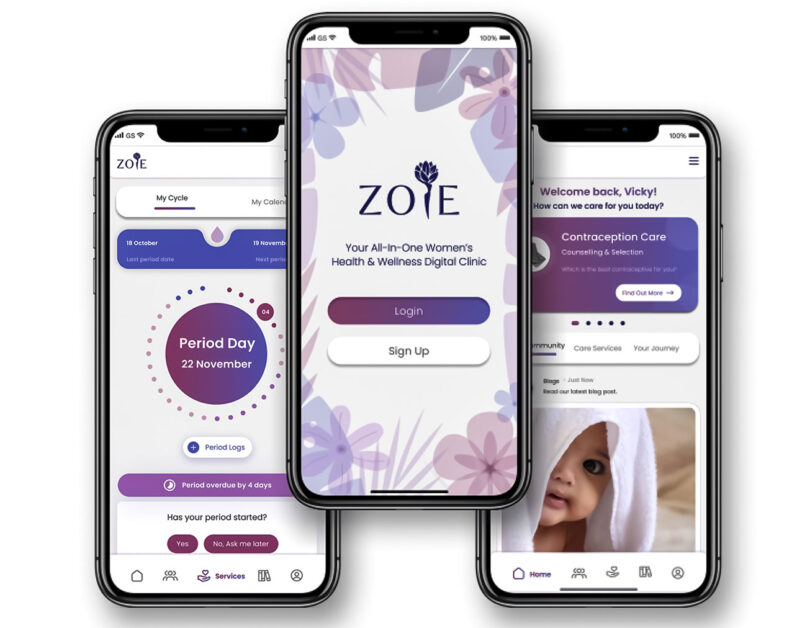
“There is a lot of stereotyping about women not being fit for this job. Many riders express concern for my safety, but I stay positive and focused on my needs and goals,” she explained.
Thandiwe Momubaghan, a diversity management expert at Uber, hopes to make those challenges easier to handle by helping women identify strengths which they can apply in their business activities, thus transforming them from being just mere drivers into business owners.
“My aim is to help women Uber drivers see beyond their immediate roles and explore their entrepreneurial potential. When we talk about intrapreneurial confidence, one needs to know exactly how to take the business off the ground and run with it,” Momubaghan explained.
“These efforts not only benefit us as drivers but also empower us as entrepreneurs,” Nhlapo, who completed a degree in education in 2023 and hopes to support her daughter through university too, noted.
Useful links:
